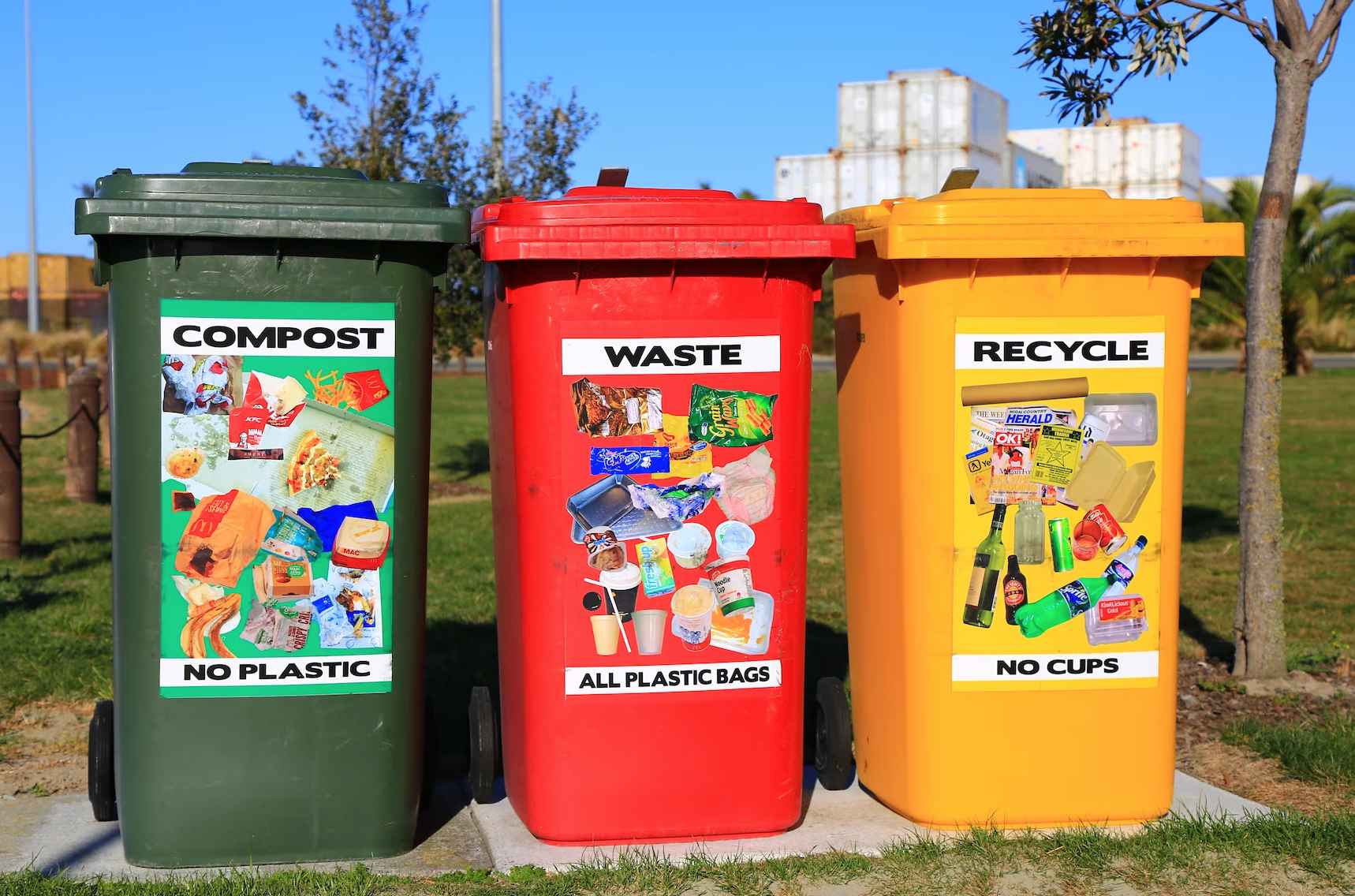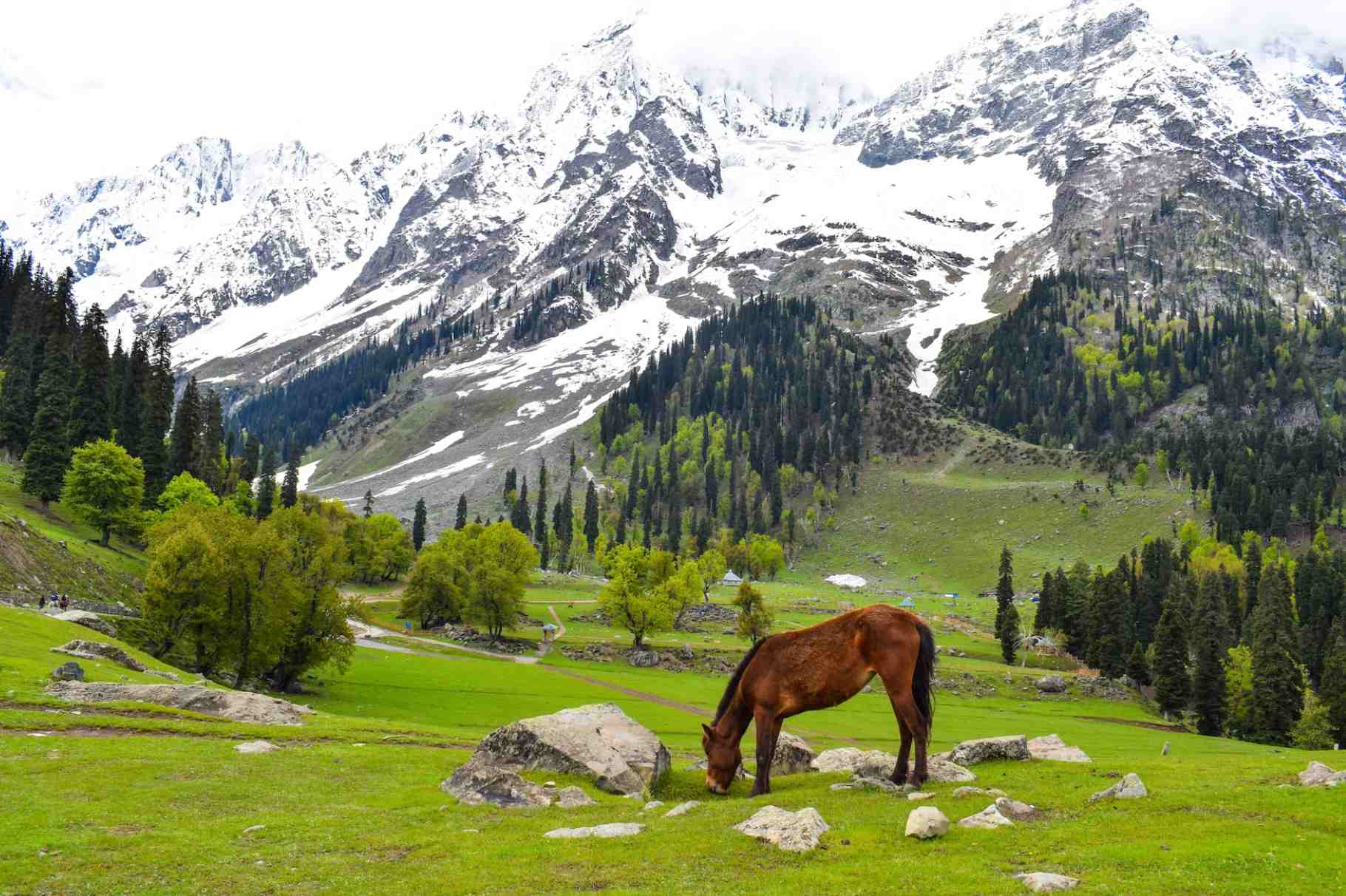Sustainable Waste Management in Remote Campsites: Tips and Techniques
Camping is a popular way for people to escape the city and enjoy the great outdoors. However, this surge in popularity can also have a negative impact on the environment, especially in remote campsites where proper waste management practices may not be in place. This is why it's crucial for campers, camping companies, and camping sites to take waste management seriously and work together to reduce their impact on the environment.
Why waste management in remote campsites is important
Remote campsites are often located in fragile ecosystems that can easily be damaged by waste and litter. Waste that is not properly disposed of can harm wildlife, damage the soil, and pollute water sources. The long-term impact of improper waste management in remote campsites can be severe, as waste can take years or even decades to decompose.
What campers can do
Campers play a crucial role in waste management at remote campsites. They can take steps to reduce their waste and properly dispose of any waste they do generate. Here are some ways campers can help:
Bring reusable items: Instead of using disposable items like paper plates and plastic utensils, campers can bring reusable items like a camping stove, plates, and silverware.
Pack out what you pack in: This means taking all your trash with you when you leave the campsite. Do not leave any litter behind, as this can harm wildlife and the environment.
Properly dispose of waste: If there are no trash cans or recycling bins at the campsite, campers should properly dispose of their waste by burying it in a designated area.

PC:
What camping companies can do
Camping companies have a responsibility to ensure that waste management is properly handled in remote campsites. Here are some steps they can take:
Provide waste management information: Camping companies can provide campers with information about proper waste management practices in remote campsites.
Provide waste management supplies: Camping companies can provide campers with the necessary supplies for proper waste management, such as trash bags and composting bins.
Implement waste management policies: Camping companies can implement policies to ensure that waste is properly managed in remote campsites, such as requiring campers to pack out all of their waste and providing regular waste removal services.

PC:
What camping sites can do
Camping sites also have a role to play in waste management in remote campsites. Here are some steps they can take:
Provide waste management infrastructure: Camping sites can provide campers with the necessary infrastructure for proper waste management, such as trash cans, recycling bins, and composting bins.
Implement waste management policies: Camping sites can implement policies to ensure that waste is properly managed in remote campsites, such as requiring campers to pack out all of their waste and providing regular waste removal services.
Educate campers: Camping sites can educate campers about proper waste management practices in remote campsites, including the importance of reducing waste and properly disposing of any waste generated.
Conclusion
Waste management in remote campsites is important for preserving the environment and keeping these fragile ecosystems intact. Campers, camping companies, and camping sites all have a role to play in ensuring that waste is properly managed in remote campsites. By taking steps to reduce waste, properly dispose of waste, and educate others about the importance of waste management, we can all help protect the environment and keep remote campsites beautiful for generations to come.



























































































































































































































































